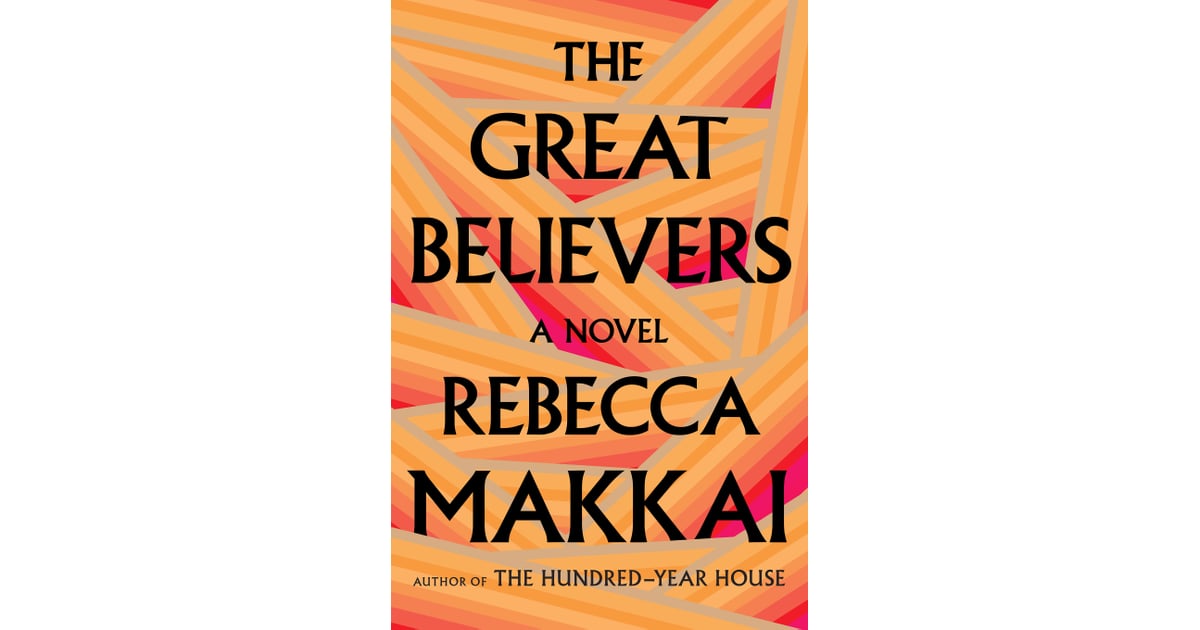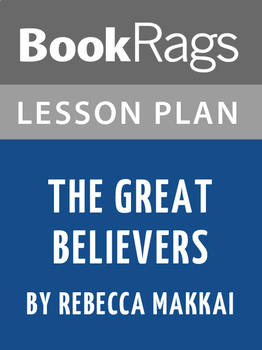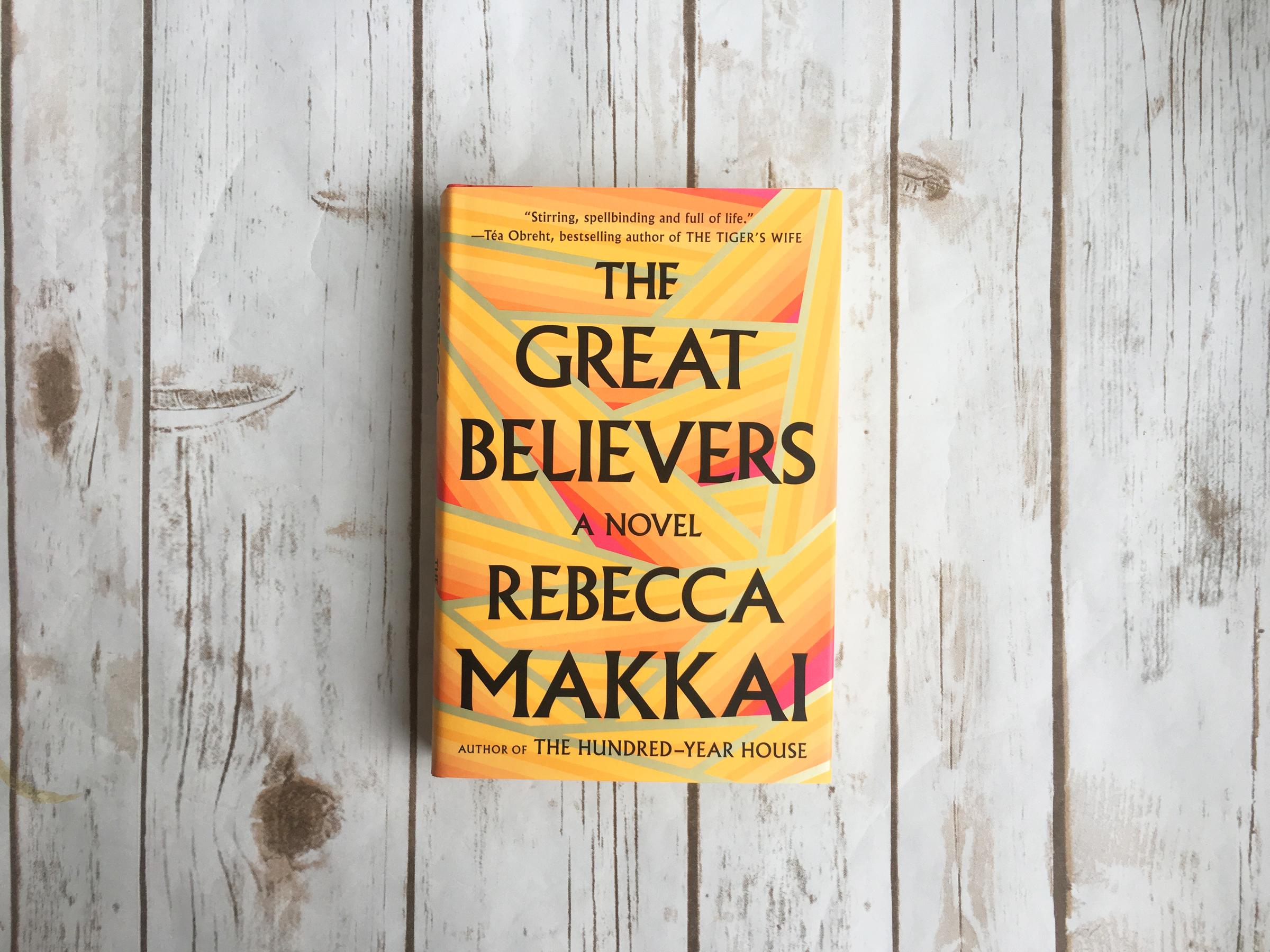

Indeed, there’s a lot going on in The Great Believers, and while Makkai doesn’t always manage to make all the plates spin perfectly, she remains thoughtful and consistent throughout about the importance of memory and legacy, and the pain that can come with survival. Interspersed between urbane sections discussing art history, value and provenance, are the chapters set in Paris in 2015, which include the Bataclan attacks and the merest hint of a detective story when Fiona hires a private investigator to find her daughter. It feels fidgety in places, but thrillingly so. Nora’s remarkable life ends up as a subplot here as Yale tries to secure her art collection for his gallery, but it’s reflective of a piece of work that never settles anywhere for long. But more intriguingly, Makkai began the process of writing her third novel with a completely different focus – it was initially about an artist’s model, Nora, living in Paris between the first and second world wars. For starters, over a million of people still carry the disease in the US alone.

These are absorbing individuals to care about, rather than hedonistic caricatures painted in broad brushstrokes.Īnd yet calling The Great Believers a sweeping chronicle of the Aids era isn’t quite correct. The sections set 30 years later in Paris, where Fiona is searching for her estranged daughter, offer a sense of context, nuance and poignancy too. And while Makkai herself is too young to have lived as an adult through the years of all-consuming apprehension that characterised Aids in the 1980s, there’s a huge commitment here to telling a truthful story of what it was like to do so. His friend Yale speaks of “entire apartment buildings devastated”, the language another suggestion that the disease tearing through excitable lives is akin to a targeted attack in wartime.

The Great Believers begins in 1985 with Nico’s funeral. It’s a timely reminder that living through crisis, whether personal or political – and sometimes both – sends shockwaves across generations.

“There had been a holocaust, a mass murder of neglect and antipathy,” she feels. The wartime imagery is surely deliberate, though the setting is Paris in 2015, and she’s looking back at the Aids epidemic in Chicago that claimed her elder brother Nico, and many friends. E arly in Rebecca Makkai’s stylish and ambitious new novel, one of her protagonists, Fiona, is pondering life in her 50s.


 0 kommentar(er)
0 kommentar(er)
